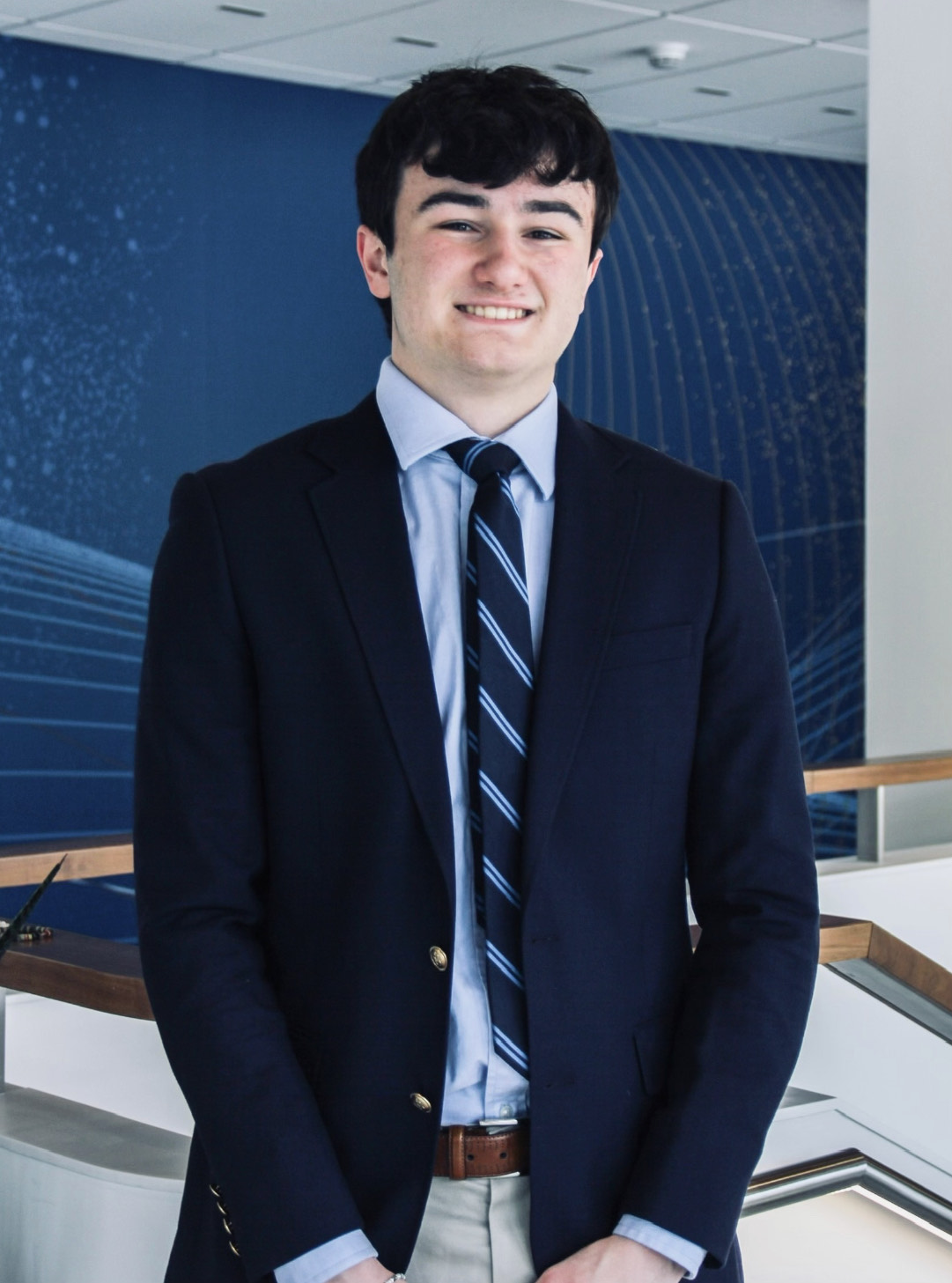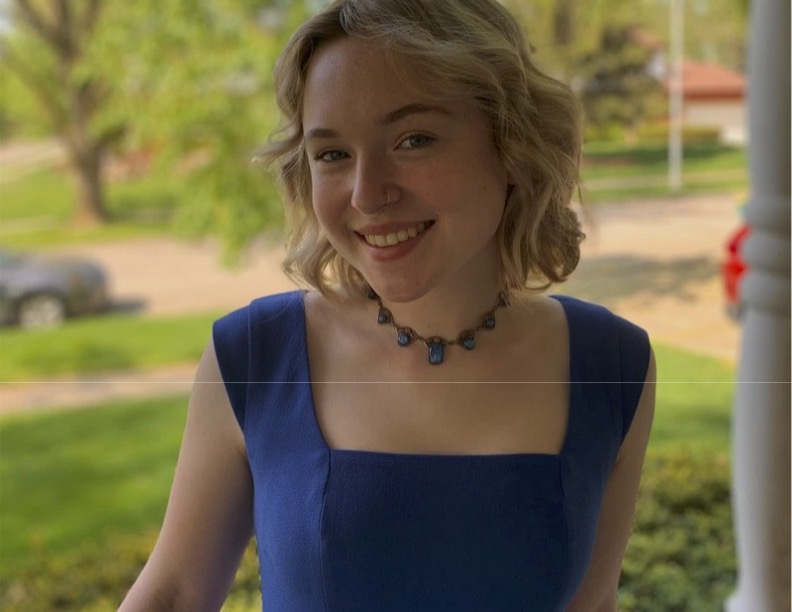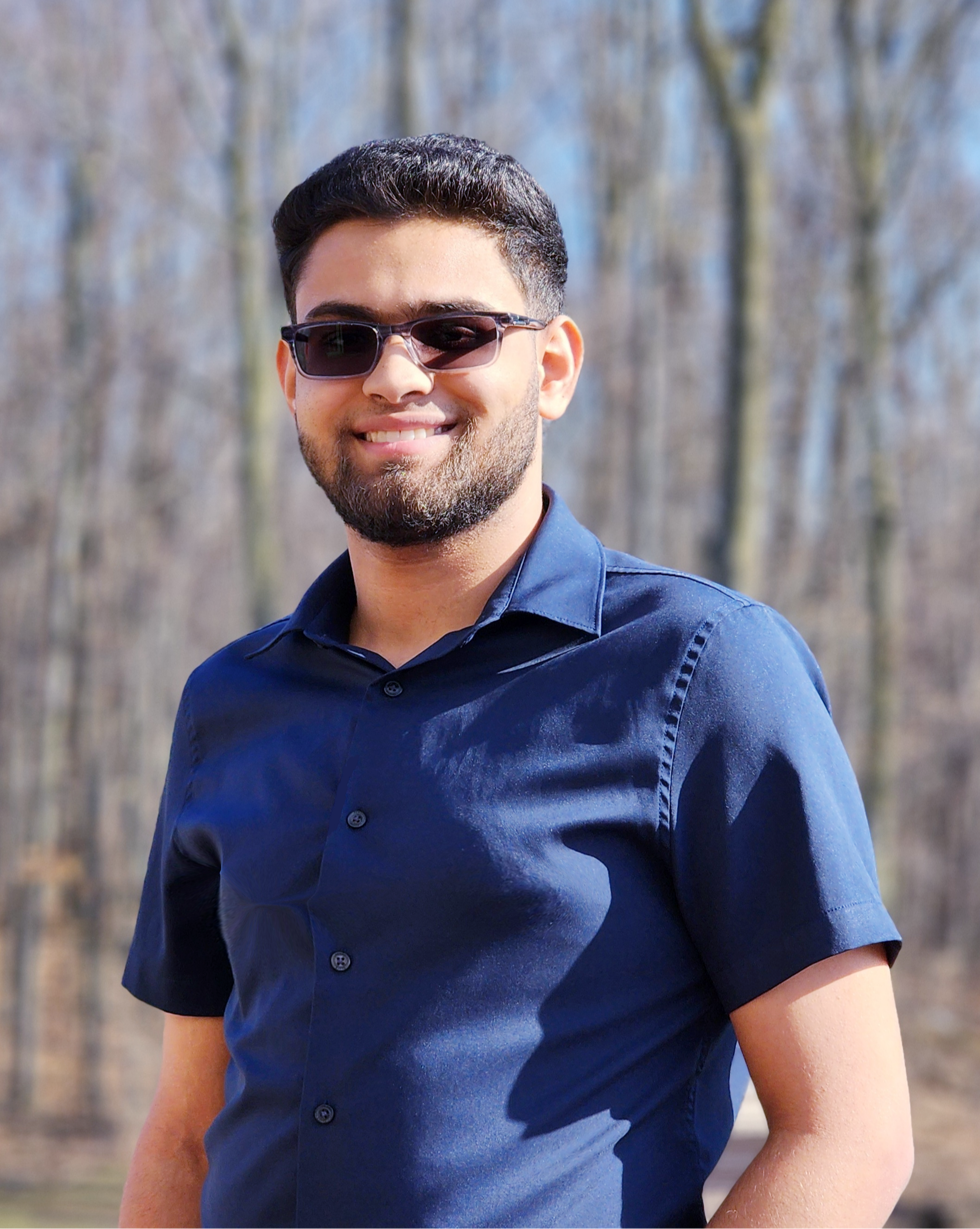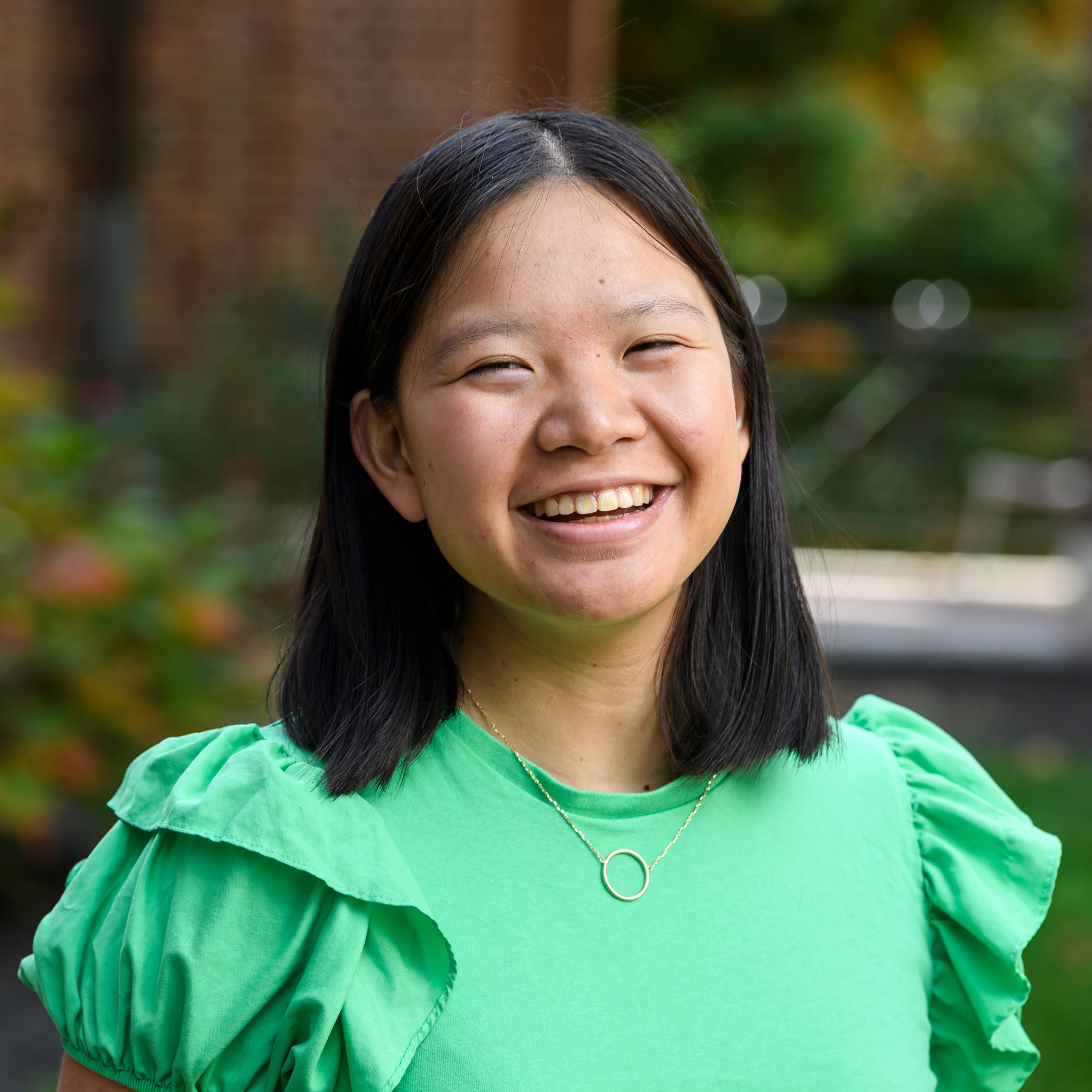MDisability, a Department of Family Medicine program, is welcoming four new summer interns beginning in June – its sixth cohort! This year, MDisability is partnering with the Center for Disability Health & Wellness (CDHW) to expand internship educational opportunities. The CDHW is the coordinating entity, with funding supported by the AHEAD-DC RRTC NIDILLR-funded grant (NIDILRR #90RTHF0005).
Interns will learn to conduct research and participate in hands-on disability health projects with faculty, not only in family medicine but across the university. They will also build their own academic and professional networks of U-M disability health leaders and learn how to work as advocates for patients with disabilities.
In total, the internship has trained 16 students, many whom have gone on to inspire others in the medical community to consider the needs of all patients, no matter their disability status. Examples include former interns helping to revise medical school curricula; collaborate with disability health researchers; and help spread the word among their medical student peers about the importance of providing equal access and care for those with disabilities.

Michael Andres
Michael is a senior undergraduate student at the University of Michigan and is majoring in movement science. He plans to apply to medical school after graduation. His goal is to become a Physical Medicine & Rehabilitation physician and to help rehabilitate and advocate for individuals with chronic disabilities and injuries. His interest in working with individuals with disabilities stems from his experience as the founder and head instructor of an adaptive tennis program, ‘Tennis for Fun Lehigh Valley’ in Allentown, Penn. This program has provided free tennis clinics to adults and children with disabilities for the past seven years. As the program expanded, Michael was able to provide clinics to other organizations, including the Bethlehem Special Olympics, Camelot for Children, and the Saucon Valley Special Needs Sports Club. As an undergraduate student, he has continued working in adaptive sports as a counselor with University of Michigan’s Kidsport Summer Camps. He also will be starting an adaptive tennis program this summer with the University of Michigan’s Kinesiology Community Programs. Through these experiences, he has witnessed the physical and social benefits of adaptive sports. Michael said he looks forward to collaborating with U-M disability health professionals to increase and enhance adaptive sports opportunities in the local Annrbor area and to learn how best to meet the varying needs of patients with disabilities.

Tess Carichner
Tess is a University of Michigan School of Nursing (UMSN) junior with a passion for disability justice and health equity. She is obtaining her Bachelor of Science in Nursing, with a minor in Global Health, as well as two certificates: one in Disability Inclusion and Accessible Design and the other in Leadership. Tess’s lifelong passion for disability justice was ignited by her inter-abled family and the greater Ann Arbor disability community through her involvement in adaptive sports, the arts and music. Tess’s passion has been nurtured by the Digital Accessible Futures Lab, where she has worked since 2022. While there, she has received mentorship from other neurodivergent and disabled scholars. Some of Tess’s projects include lead editing the Accessing Disability Culture anthology at U-M; lecturing on Disability Justice; creating disability-focused curriculum at UMSN, and establishing the Little Anti-Ableist Library at UMSN; as well as organizing various community education media-centered events through her club, Disability Justice @ Michigan. Her work in disability advocacy on campus has earned Tess a Central Campus MLK Spirit Award and a Central Student Government Disability Advocacy, Empowerment, and Service Award. Tess hopes to pursue a Ph.D. in public health after graduation, focusing on altering cultural attitudes toward defining and supporting the health of disabled patients, particularly multiply-marginalized autistic women and gender-diverse people. Tess said she looks forward to the mentorship, experiences, community, and advocacy skills development offered by MDisability.

Muhammad Othman
Muhammad is a third-year student at Wayne State University, majoring in Biomedical Engineering, on the pre-med track. Growing up with his younger sister, who was diagnosed with Rett syndrome at the age of two, fueled his passion and commitment to disability advocacy. He aims to make significant contributions to their inclusion and advancement in healthcare and research. Witnessing his sister’s daily struggles ignited Muhammad’s determination to pursue a career focused on making tangible improvements in the lives of individuals facing similar challenges. Opting for Biomedical Engineering was a deliberate choice, motivated by the field's potential to positively impact individuals with disabilities. In his high school senior project titled, "The Effects of Communication on Activity Participation and Engagement in a Girl with Rett Syndrome," he worked with an expert in Behavioral Therapy to conduct a study highlighting the crucial role communication plays in promoting engagement for individuals with disabilities. Additionally, Muhammad presented a webinar in collaboration with MDisability titled, “Navigating Health, Community, and School Barriers with a Cognitive Disability.” He is involved with the organization Muslims Understanding & Helping Special Education Needs (MUHSEN) in order to establish an inclusive and accessible environment for individuals with disabilities and their families.

Alexandra "Zandy" Wong
Zandy is a senior studying public health at Johns Hopkins University, with plans to attend medical school in Fall 2026. Her research has focused on improving the inequitable digital public health response to COVID-19 and evaluating the accessibility of U.S. hospital websites. She has also shared her story of growing up with hearing loss on the TEDx stage and industry panels in order to encourage acceptance of people with disabilities. In the community, she is the founder of the NextGen Accessibility Initiative where she partners with Gen Z organizations to make their digital content fully accessible for disabled youth. Her work to improve digital accessibility within the NextGen Accessibility Initiative has reached over 200,000 youth in 119 countries. She was recently named a 2024 Rhodes Scholar in recognition of her disability advocacy and research. Zandy is thrilled to join the MDisability team this summer to help improve health outcomes for patients with disabilities!


